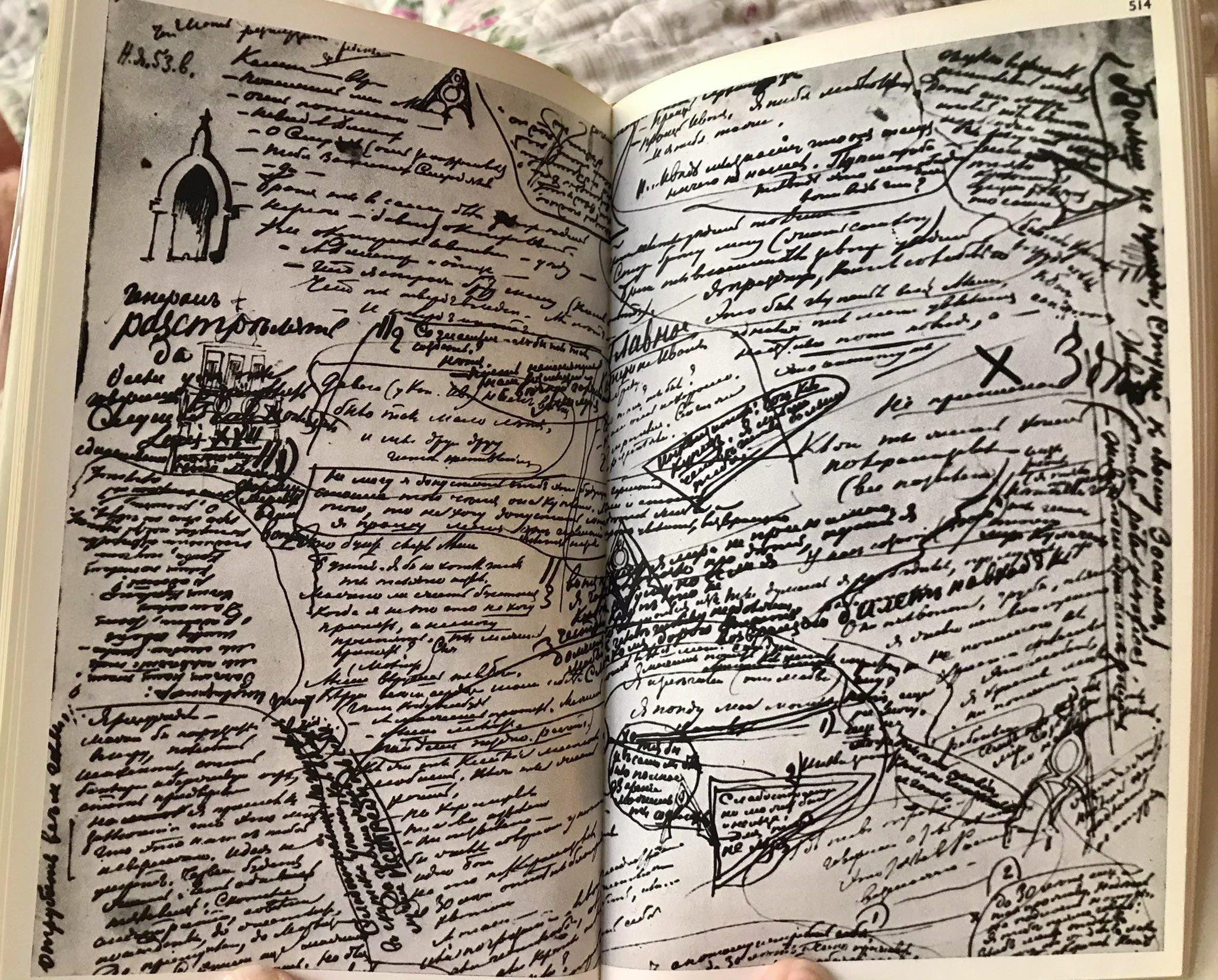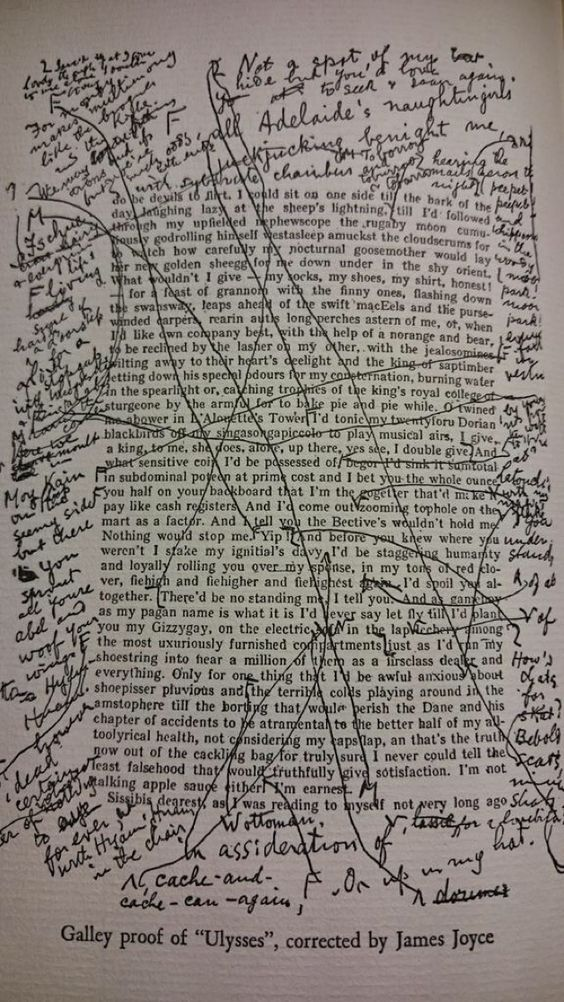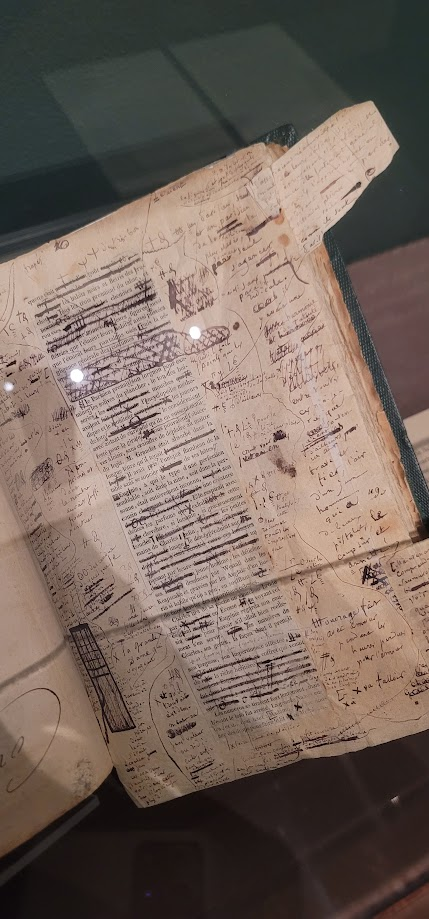created, $=dv.current().file.ctime & modified, =this.modified
NOTE
Words discovered in this research thread with alternative book meanings
- anathema
- gloss
- sophistication
- text
- adversaria

(A librarian in the NYPL rolled her eyes and said “You should see our Occult section”)
A renaissance term for a scholar’s notebook is adversaria, printed books with readers’ notes in them.
Every table in the university library has on it the same notice: “Marking of Books is Forbidden”
The physical features of books have changed very little since 1700, at least from the annotators POV.
Footnotes developed favor, phasing out marginal glosses.
Fermat - had a proof for an important problem, but the margin was too small to contain it. It wasn’t sure if he was serious or it was teasingly meant.
Pryde - “Note taking may be done in various ways, but done in some way it must. Without it you cannot be intelligent readers. For how can you be intelligent readers without being discriminating; and how can you be discriminating without distinguishing between the good and the bad, the remarkable and the commonplace; and how can you distinguish between these without affixing some distinctive marks? You will find, too, that all great scholars have been note-takers.
Readers would write in margins as part of the process of learning.
Imitating such models in their own marginalia, readers of the 16th and 17th centuries were free to quarrel with their books.
Fiction is less commonly annotated than other genres are.
Lovers will seize on whatever means of communication are available to them, and books with marginalia often turn out to be a record of affection. The sharing of marked or annotated book, specifically for the purpose of another’s cooperative reading.
“reading allows the minds of two people to be more intimately joined than any other form of social contact”
The writer of marginalia acts on the impulse to stop reading for long enough to record a comment. Why? Because it may be done and has been done; it is customary.
The illusion of being alone with the author is so strong in many kinds of reading that when readers write in books they tend to automatically address their remarks to the author or to themselves.
“do you see what is going on her? oh look, I’ve trapped you. You’re here with me - in your head”
poetic, “vivid color-words - such as crimson, azure and the like” why are these poetic? mysterious and dim and less used. But there isn’t any quality different than an arbitrary Red as your mind conceives it. Or is there? How to make the Red poetic.
On Marginalia, most books that were heavily noted were heavily used, and also heavily destroyed.
Cherished to destruction. In Bruges some woodcuts were even found pasted to the damp layer of plaster in a crypt.
Anathema
Another word sense: Anathema, but not the traditional sense but as a literary book curse, inscribed to prevent books from being lost stolen.
Example:
TO Stephen Dance this booke belong and he that steale it dowth him rong lev it alone and pase there by, in every place where it doth lie
More:
klaxon here for lines below to hasten scroll and shun ye slowe pass along avert thine eye for spring latent errors when he modifye
Thought
The dimension of an annotation. The dimension of an edit.

Morgan Library
At the Morgan Library I encountered this heavily annotated copy from Balzac (I believe)
